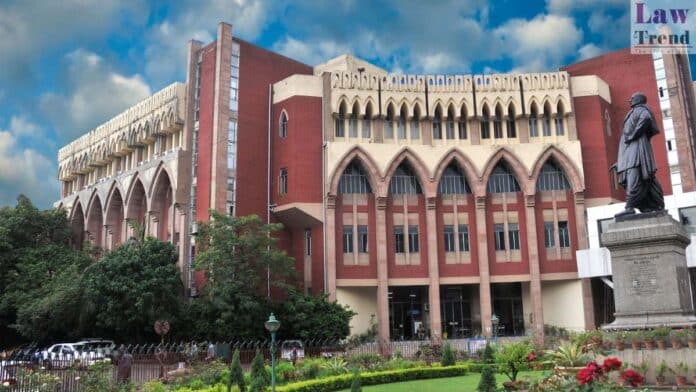In a landmark decision, the Calcutta High Court has dismissed a defamation lawsuit against 287 individuals who had petitioned against the superintendent of a prominent educational institution. Justice Ajay Kumar Gupta ruled that the public interest involved in the allegations significantly outweighs the right to reputation, marking a pivotal moment in legal precedence concerning defamation and public accountability.
The case originated from a mass complaint submitted to the Chief Minister of West Bengal, accusing the superintendent of engaging in unlawful activities within the institution—a historic establishment founded by a freedom fighter in the Bardhaman district. The petitioners, comprising students, faculty, and concerned citizens, demanded an official inquiry and subsequent actions to safeguard the integrity of the institution and the welfare of its students.
Justice Gupta, addressing the defamation claim filed by the superintendent in 2013 at the Bardhaman district court, noted that the complainant had not sufficiently proven his allegations of defamation. The court highlighted that the petition was a privileged communication since it was addressed confidentially to a lawful authority and was motivated by a legitimate concern for public welfare, not personal malice.
Senior counsel Rajdeep Mazumder, representing the petitioners, argued that the defamation case was baseless, motivated by ill intentions, and frivolous. He stressed that accusations made in good faith toward lawful authorities do not constitute defamation—a stance that Justice Gupta upheld in his ruling.
“The mass complaint filed was in the interest of the educational institution’s integrity and the well-being of its students, hence it is protected under the right to freedom of speech concerning matters of public interest,” Justice Gupta stated in the judgment.
The decision underlines a crucial judicial acknowledgement that public interest in exposing alleged misconduct in educational institutions surpasses individual reputational rights, especially when the welfare of students is at stake. This ruling not only quashes the defamation case but also reinforces the legal protection available to individuals and groups petitioning against potential abuses in positions of authority.
The Calcutta High Court’s judgment is a significant affirmation of the democratic principle that allows citizens to voice concerns without fear of retribution.




